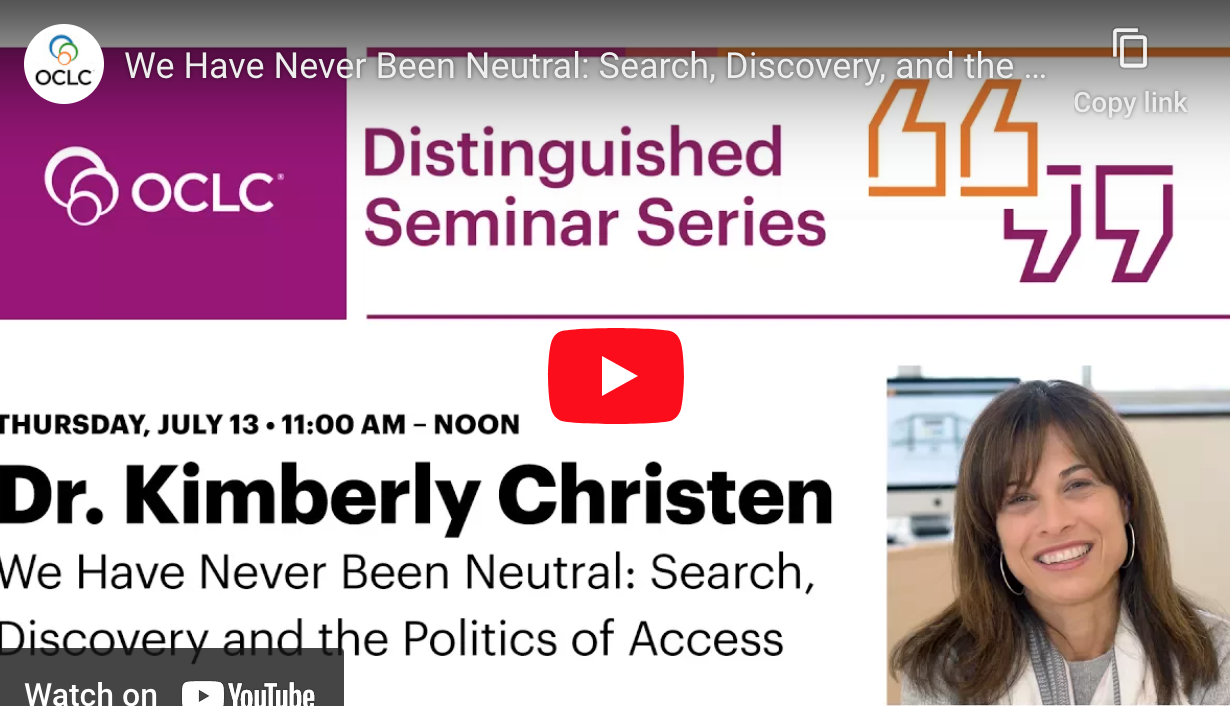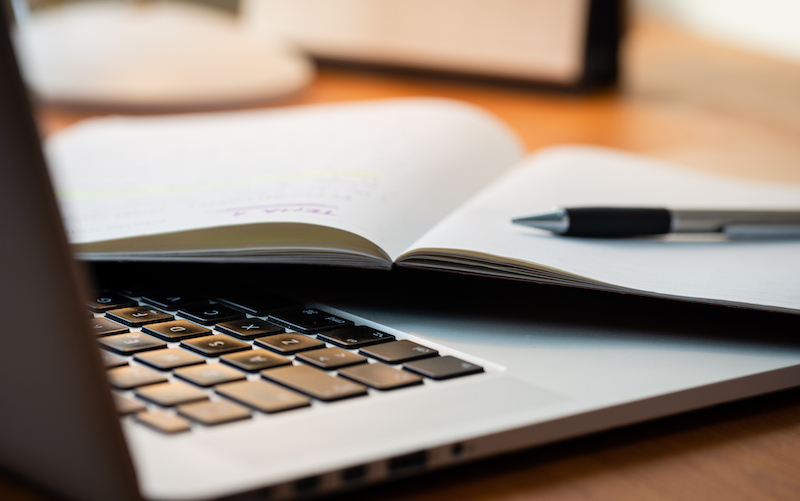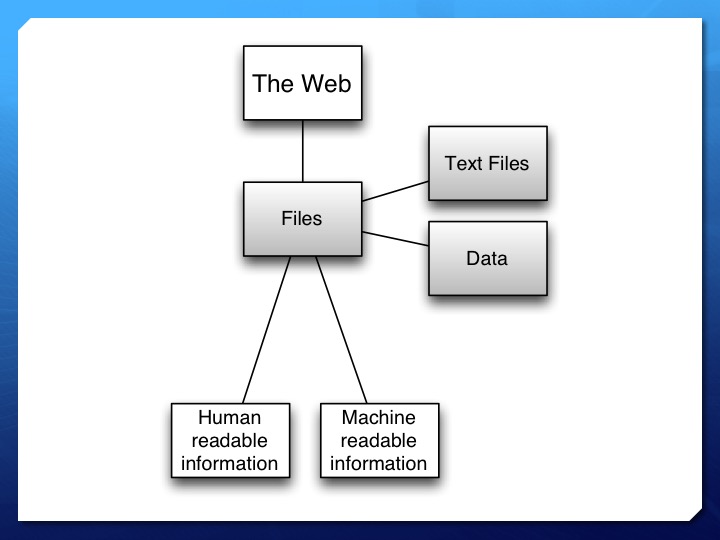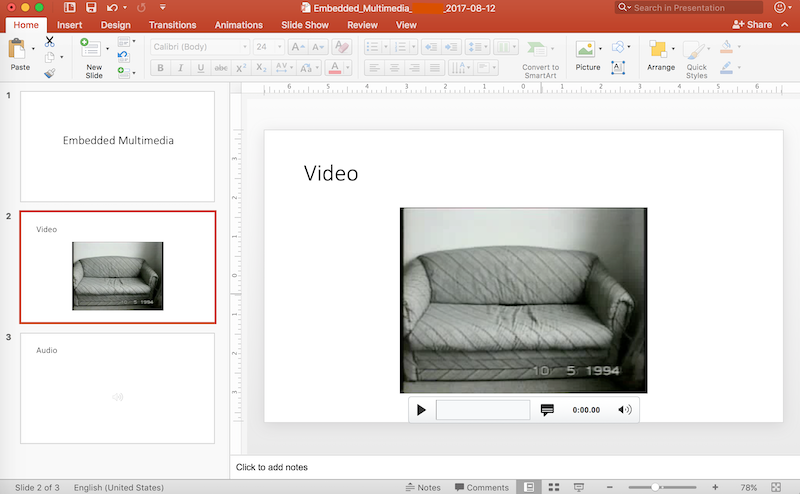Is there a word for something that you don’t know, but you really do know? That’s how I felt during Dr. Kimberly Christen’s webinar hosted by OCLC, “We Have Never Been Neutral: Search, Discovery, and the Politics of Access.” She introduced the idea that our drive as digital librarians and archivists to collect, aggregate, and make publicly available as much intellectual content as we can get our hands on is whitewashing cultural heritage collections. That these materials are being taken possession of and repurposed by archives and libraries in a manner that violates the content creator’s cultural rules or without permission from and collaboration with the indigenous peoples they represent.
While I don’t work with cultural heritage materials, I do specialize in digital collections and have felt the drive to blindly aggregate and disseminate information. Her argument, that we need to treat cultural heritage materials differently and with care wasn’t one that I’ve needed to reflect on for my work, but it immediately clicked. I didn’t need to hear her evidence before my mind started filling in examples of its own.
In addition to eloquently presenting her point, Christen also went into detail about her experiences building Mukurtu CMS, an open-source platform intended to better meet the needs of indignities communities. It grew out of a collaboration with the Warumungu people to share their traditions and its name means “dilly bag” or safe keeping place for sacred materials. One of the interesting tools featured in the CMS is Traditional Knowledge (TK) Labels. These have a similar feel to creative commons licenses and let users know how to handle the collection pieces with respect. Examples of TK Labels include Seasonal and Community-use Only.
If you’re interested in the subject or work with unique collections, I’d highly recommend listening to this webinar available on OCLC’s website.




